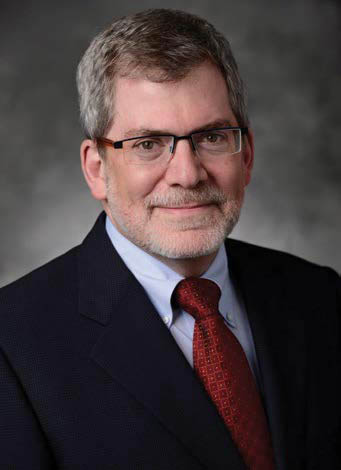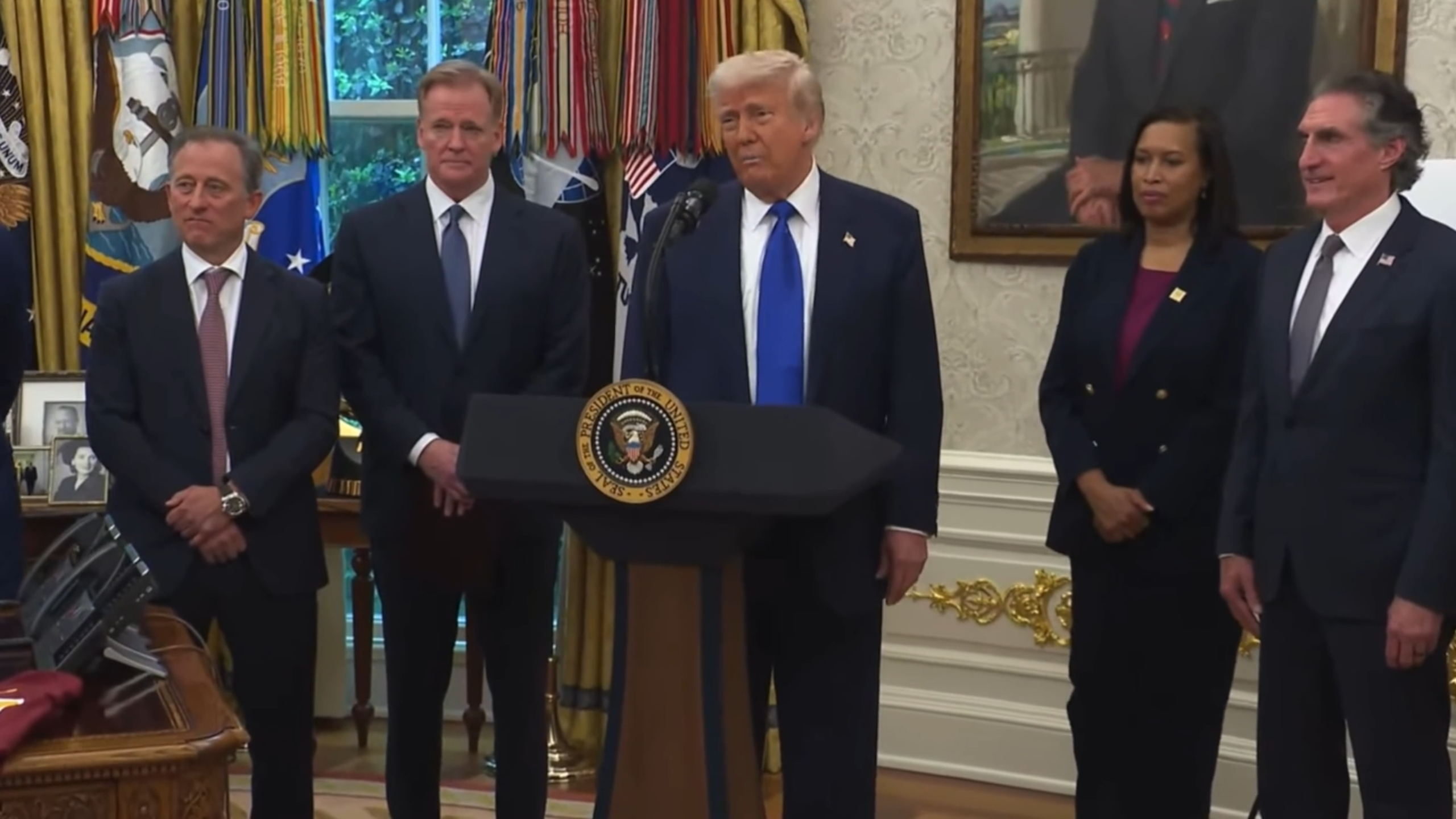What Tom Said: About Richard Friedel

Richard Friedel
Imagine being able to combine the two things you love most at a young age: summer at the beach and tinkering with broadcast technology. And imagine being able to support yourself and your friends at the same time.
That’s one of the experiences that helped this year’s recipient of the NAB Television Engineering Achievement Award decide to choose broadcasting as a profession. Richard Friedel, executive vice president and general manager of Fox Networks Engineering & Operations, was honored at the NAB Show Technology Luncheon on Wednesday April 15 in Las Vegas. Recently I had a chance to talk with Friedel about his career and his thoughts about the broadcast industry in general.
Like so many of us, Friedel had an early interest in electronics, which he was lucky enough to develop as a teenager growing up in the Washington area. “In high school, we could choose between three elective courses: print shop, woodworking or electronics,” he said. “For whatever reason, I thought electronics would be more fun than the other two.” After a few years of courses, he and several fellow students took on a project suggested to him by his teacher: building a rudimentary TV station from second hand gear donated by the old Dumont station group that had gone out of business.
“We never got the camera to work, but that’s where I first stumbled onto television,” he said.
After graduation, he attended the Drexel Institute of Technology (now Drexel University), and was recruited to volunteer as an engineer for the campus radio station, his first experience in that medium. During his stint at Drexel, he often returned home to the D.C. area and managed to hook up with the University of Maryland radio station, WMUC-FM, where he joined several other students to come up with the idea of starting a radio station in Ocean City, one of the most popular summer tourist destinations in the mid-Atlantic.
“At the time, there was one AM radio station in the area broadcasting news,” Friedel said. “So think about it, during the summer the population swells to about 100,000 kids and nobody’s listening.”
Get the TV Tech Newsletter
The professional video industry's #1 source for news, trends and product and tech information. Sign up below.
So that’s how it came to be that Friedel and his compatriots spent the summer of 1973 building and operating a small AM station that blasted rock and roll to the tourists at Ocean City. Although they couldn’t maintain the station after that summer, he and his friends managed to make enough money off of ad sales to support themselves.
Friedel went on to help run the radio, television and film department at the University of Maryland and then helped create “DC101,” also known as WWDC-FM, helping to make it one of the city’s most popular radio stations. From there, he joined the Washington NBC affiliate, WRC-TV, his first professional television job. “They brought me in because I knew about videotape machines from my University of Maryland days and audio from my radio days,” he said.
Friedel joined ABC in the late ’80s until he left in 1996 for Fox. It was during his time at ABC that he was able to work under the person he most remembers as having the most impact on his career. “The person who probably had the single biggest influence on me was Preston Davis,” the former head of engineering for the network.
Since joining Fox to help build the Fox News Channel, Friedel has risen through the ranks and now heads up the technology division of one of the industry’s largest media operations. In addition to his duties at Fox network, Friedel also had a hand in building the Fox Sports network as well.
When I asked him his thoughts about the changes he’s seen through the years, he cited the evolution of electronic newsgathering as having among the biggest impacts on the industry. Reflecting on how things were before the advent of ENG, he related how he used to deal with motorcycle couriers during his time at NBC in New York. “These guys would literally run to the airport, pick up the news film and motorcycle them back to 30 Rock so we could get them on the air in time for the evening news,” he said.
Along with ENG, broadcasting’s transition to digital and now to IP is on Friedel’s list of significant industry changes. It also gives him pause to consider what today’s technicians have to face. “For the modern engineer they have to master so many different technologies,” he said, adding that the opportunities created by digital technology are vast. “It’s amazing because it allows us to tell stories in such ways that when I started in this business, we could just dream about.”
Tom has covered the broadcast technology market for the past 25 years, including three years handling member communications for the National Association of Broadcasters followed by a year as editor of Video Technology News and DTV Business executive newsletters for Phillips Publishing. In 1999 he launched digitalbroadcasting.com for internet B2B portal Verticalnet. He is also a charter member of the CTA's Academy of Digital TV Pioneers. Since 2001, he has been editor-in-chief of TV Tech (www.tvtech.com), the leading source of news and information on broadcast and related media technology and is a frequent contributor and moderator to the brand’s Tech Leadership events.

